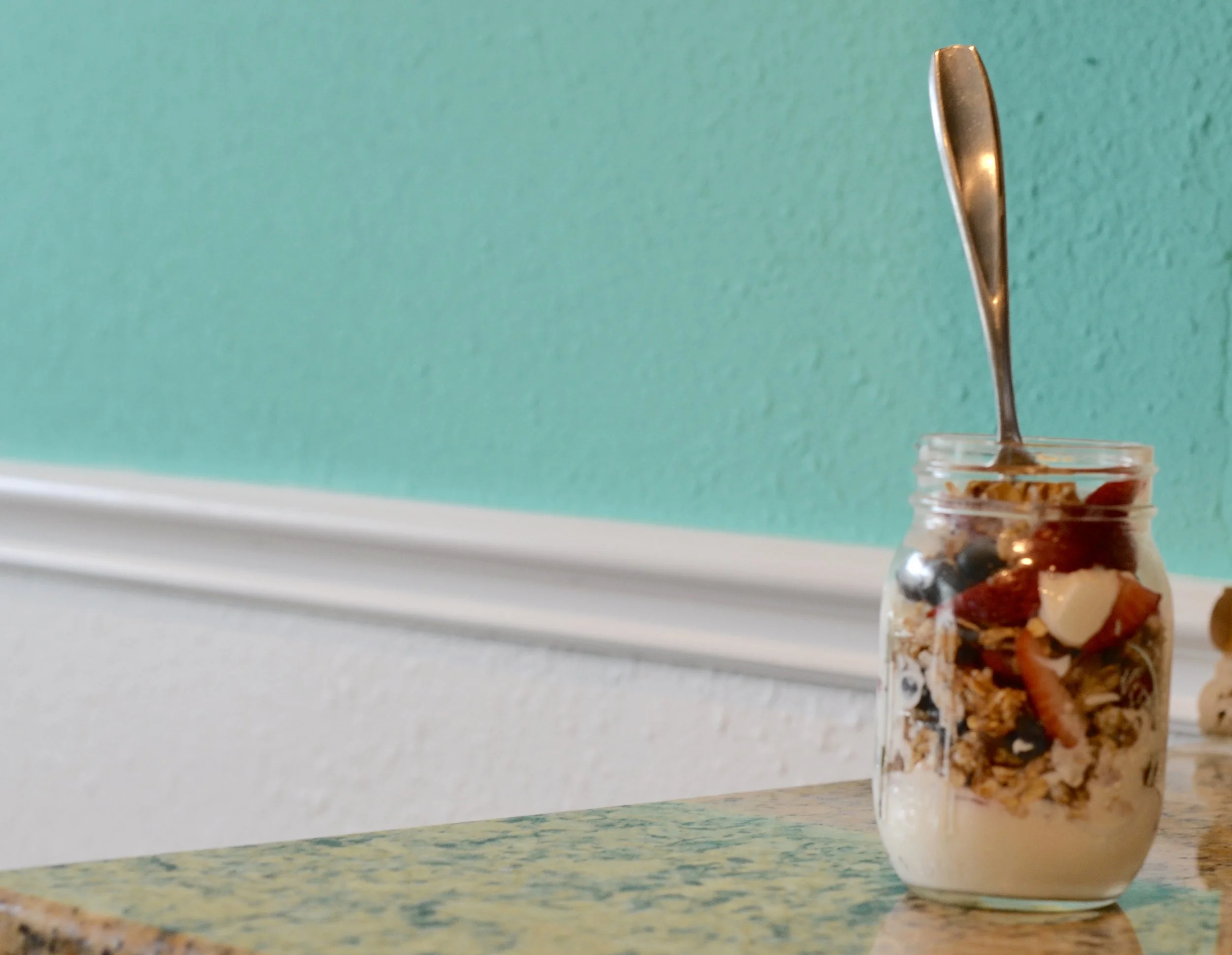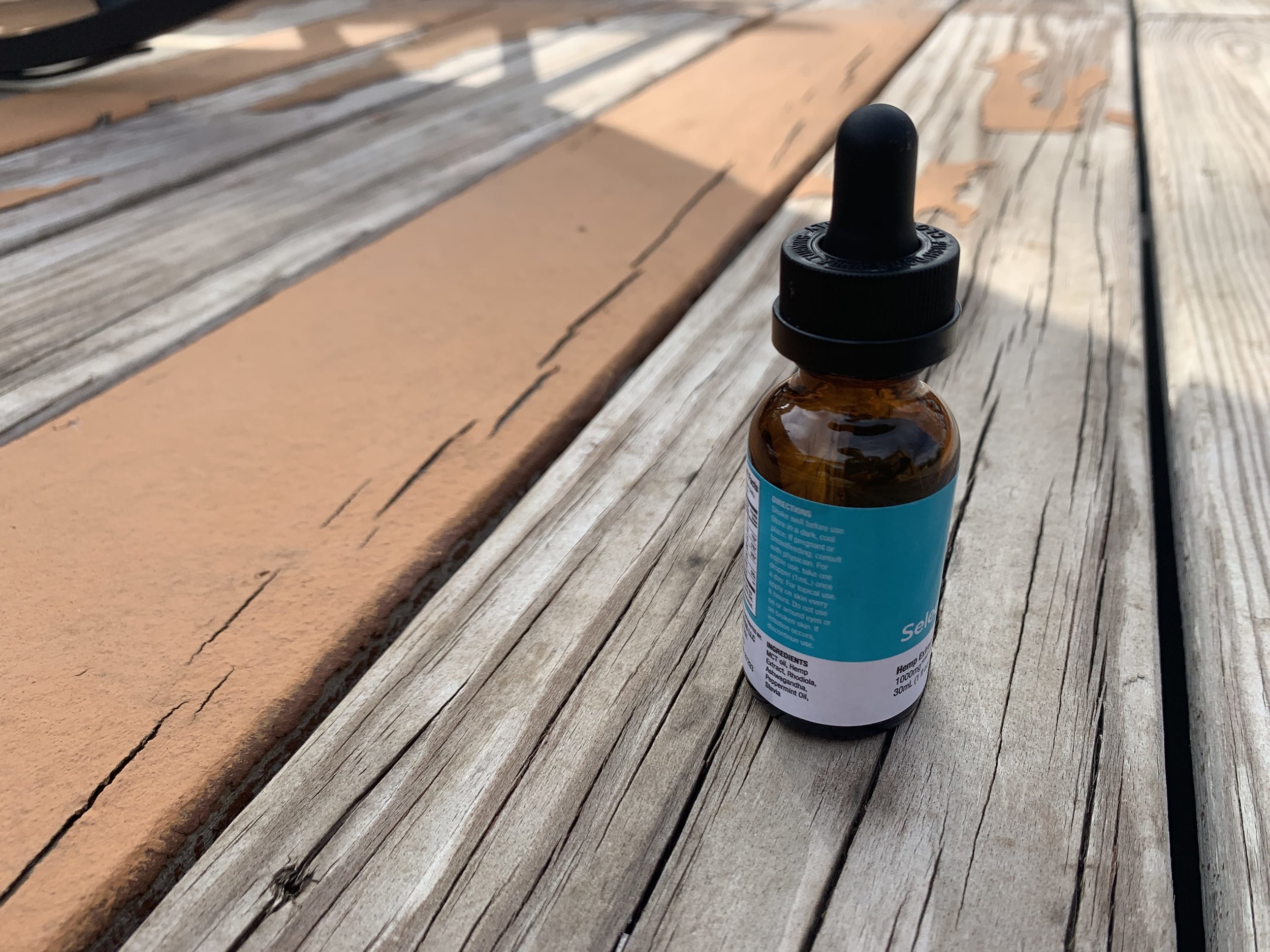Often, when a client or a reader asks me a question about nutrition the answer is, “It depends.” While we are all human, there are so many individual variances that most of the time there is not a one-size-fits-all answer for everyone. It takes experimenting, tuning into and honoring the feedback that your body provides, and a willingness to make adjustments along the way.
With that being said, some fundamentals are effective for most people:
Eat minimally processed foods prepared at home most of the time.
Eat an appropriate amount of calories for your activity level (like Goldilocks: not too much, not too little).
Sleep seven to nine hours per night.
Move as much as possible throughout the day.
Perform some form of exercise (that you enjoy!) for thirty minutes per day.
Take care to be consistent with these five fundamentals most of the time, and you’ll be far ahead of most people on your health and fitness journey. It’s simple, but not easy. There is sometimes a gap between knowing and doing. You know what to do. I didn’t say anything so far that you didn’t already know, but are you consistent with it?
Are you mowing your lawn while your house is on fire? What it means for fat loss. Save to your favorite Pinterest board for later.
Some people get caught up in the details and completely ignore the fundamentals. I get questions like these on a regular basis:
“Is it ok to eat bananas? They are high in carbs, right?”
“I read I shouldn’t eat lettuce unless it’s organic because it’s on the dirty dozen list.”
“I heard dairy is bad, should I cut it out?”
“Someone brought gluten-free cupcakes to work. It’s ok because they’re gluten-free, right?”
“What supplements should I be taking for weight loss?”
“My friend lost 10 pounds on a juice detox, Should I try that?”
“Can I eat lentils?”
“Everyone at work is talking about intermittent fasting. Does IF work for fat loss?
Nutrition can be confusing. There is a lot of conflicting information circulating. Asking questions is always a great idea, that’s how we learn, but when we are aren’t taking care of the fundamentals, Precision Nutrition calls these types of questions “Mowing your lawn while your house is on fire.”
It’s when you get obsessed with the details, and focus on actions that don’t make the biggest impact on your immediate problem. It’s like continuing to mow the lawn while your house is on fire. It doesn’t matter if your lettuce is organic if you’re eating restaurant meals five days a week. If you’re not sleeping enough, supplements won’t make as a much of a difference as more sleep will. If you have an allergy to gluten or dairy, then avoid them, otherwise they shouldn’t have a negative effect on most people.
You’ll make a bigger impact by avoiding processed foods than you will by avoiding bananas or lentils, both which are nutrient-dense foods from nature. Focus on the actions that will give you the biggest results.
Don’t worry about the details until you have the basics mastered. Stay away from heavy diet restrictions, extreme exercise, and promises of quick results until you excel at the basics. Give it a year of consistency, then we can talk about advanced strategies to get to the next level. Until then, get some sleep, eat your veggies, and move your body. It’s simple, but not easy.
Put the lawn mower away and get out the fire hose.
Did you like this post? Know someone who might benefit? It helps me when you share with your friends and followers.














If you have questions about running and weight loss, I’ve rounded up the blog posts to help you with answers. Why do I gain weight during marathon training? What to do when your weight loss plateaus from running. Are you running for performance, or running for weight loss? And why it matters that you choose one. I finish my personal story of how I used running as part of my strategy for permanent fat loss.